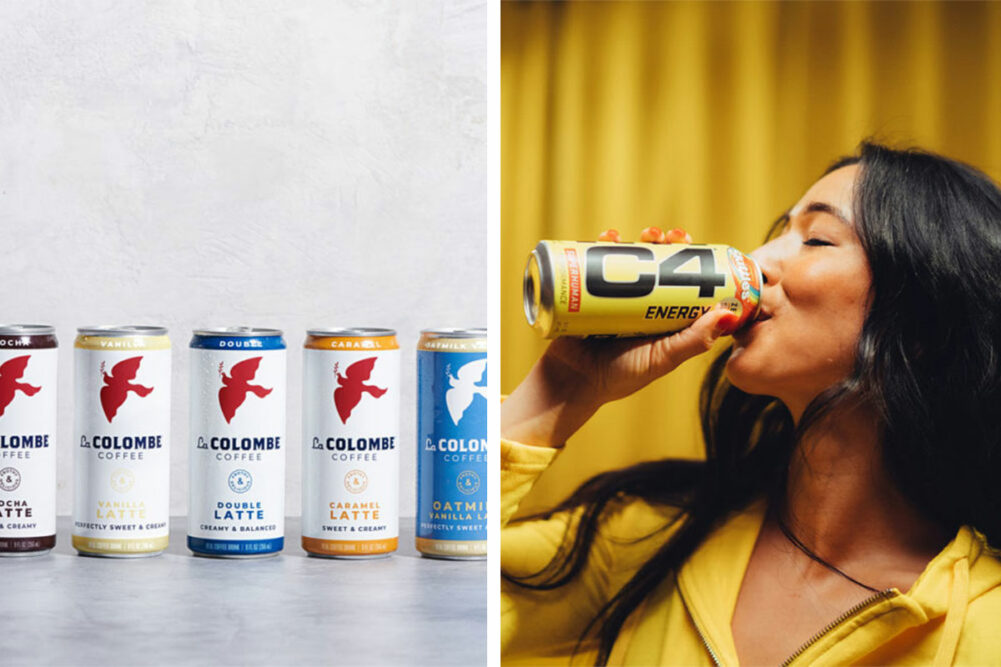NEW YORK — There is a deliberate strategy behind how Keurig Dr Pepper (KDP) has been filling some of the white space in its portfolio. The company takes a minority stake in an up-and-coming brand, enters into a distribution agreement and uses its substantial infrastructure to support growth. But, perhaps more importantly, the strategy is seen as incentivizing the brand’s founders to continue to build their majority stake in the business by innovating and advocating for the brand.
Two examples of the strategy in play include KDP’s investments in C4 Energy and La Colombe Coffee Roasters. In July, the company invested $300 million to acquire a 33% equity stake in La Colombe. The investment is a part of a broader partnership between the two companies in which KDP will distribute La Colombe ready-to-drink coffees and manufacture and distribute La Colombe branded K-cup coffee pods in Canada and the United States.
In December 2022, KDP invested $863 million for an approximately 30% ownership stake in Nutrabolt, the owner of C4 Energy and its affiliated products. The agreement also included a long-term sales and distribution agreement.
During a Dec. 5 presentation at the Morgan Stanley Global Consumer and Retail Conference in New York, Robert J. Gamgort, chairman and chief executive officer of KDP, outlined the rationale behind the company’s approach.
“… On areas where we can have an equity investment, we elected to have a minority investment,” he said. “Why? Because it allows us to be much more efficient with our capital. We get the majority of the economics by having them be a long-term partner in the system.
“Of course, as we raise the value of the company that we have an investment in — we profit from that — but the founder profits more because they own the majority of the business. And we don’t care about that because we love the fact that these founders and entrepreneurs stay engaged and motivated to continue to drive the value of the business while we work with them to improve their distribution base.”
He added that the alternative to the company’s strategy would be to pay “a massive amount of money at a high multiple” to buy a brand.
“… We could not find an example, including the Bai acquisition (in 2016, prior to the merger with Keurig, the Dr Pepper Snapple Group acquired Bai for $1.7 billion), … that has ever generated positive value creation,” Mr. Gamgort said. “So, going out (and) paying a huge multiple for 100% of a large brand is not a path to prosperity. That has been repeated over and over again.”
But Mr. Gamgort also emphasized that being “on the sidelines” and only being a distributor for brands is not a path to prosperity, either.
“Finding the sweet spot in between where you take an equity position … where you have agreements where the distribution is very, very sticky, and you get the majority of the financial gain out of that, I think, is a win-win for us and for the entrepreneur.”




